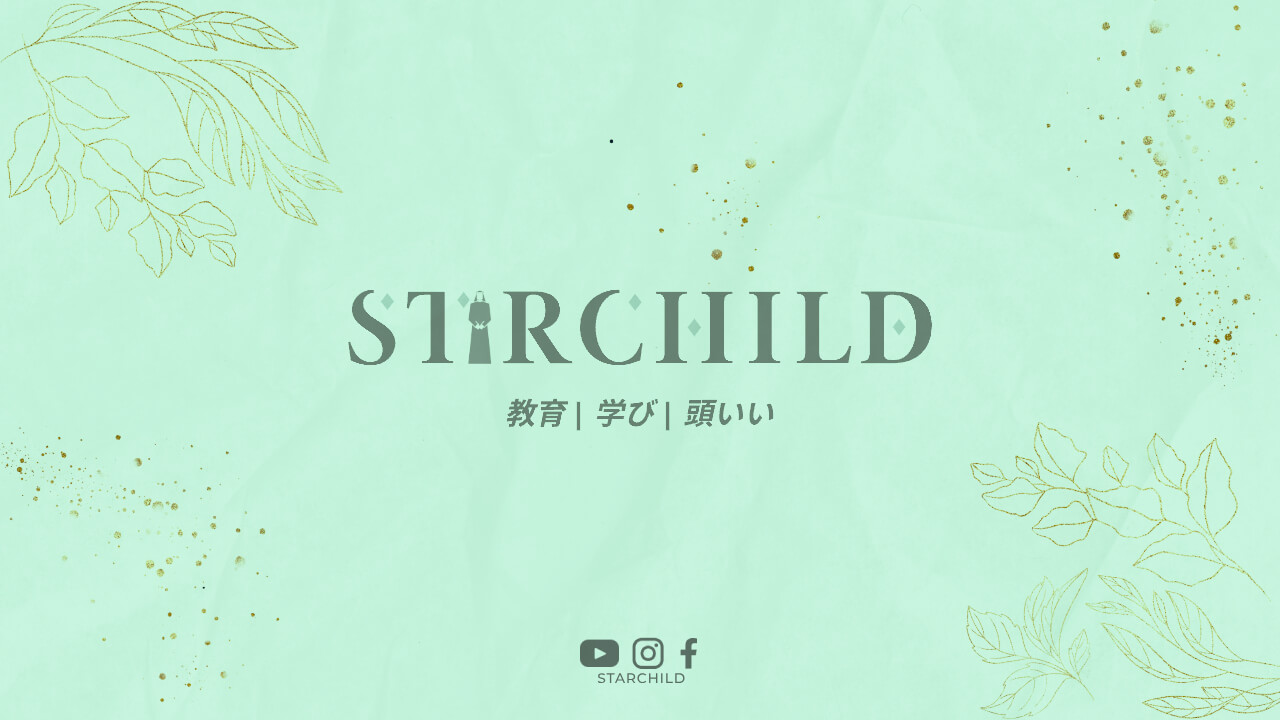Introduction
Have you ever heard the phrase 「~してもいいよ。」? It is a common expression in Japanese language that is used to give permission or approval to someone. In English, it can be translated as “It’s okay to…” or “You can…”
Meaning of 「~してもいいよ。」
The phrase 「~してもいいよ。」is used to express permission or approval. It is often used in casual conversations between friends or family members. This phrase can be translated as “It’s okay to…” or “You can…”.
Usage of 「~してもいいよ。」
「~してもいいよ。」is used when someone asks for permission to do something or when someone is unsure if they are allowed to do something. It is also used when someone wants to give approval or encouragement to someone else. For example, if your friend asks if they can borrow your book, you can say 「いいよ。」which means “It’s okay”.
Other phrases with similar meanings
There are other phrases in Japanese language that have similar meanings to 「~してもいいよ。」. These include 「大丈夫だよ。」 which means “It’s okay” and 「許可するよ。」 which means “I give permission”.
Example sentences
Here are some example sentences that use 「~してもいいよ。」:
- 友達と遊んでもいいよ。(It’s okay to play with your friends.)
- この本を読んでもいいよ。(You can read this book.)
- 明日早く起きてもいいよ。(It’s okay to wake up early tomorrow.)
- その服を着てもいいよ。(You can wear that clothes.)
Cultural significance
「~してもいいよ。」is not just a common phrase in Japanese language, but it also reflects the culture of Japan. The Japanese are known for their politeness and respect for others. The use of this phrase shows that they value the feelings and opinions of others and are willing to give permission and approval when necessary.
Conclusion
「~してもいいよ。」is a common phrase in Japanese language that is used to give permission or approval to someone. It shows the politeness and respect that is valued in Japanese culture. Next time you hear this phrase, you will know that it means “It’s okay to…” or “You can…”




